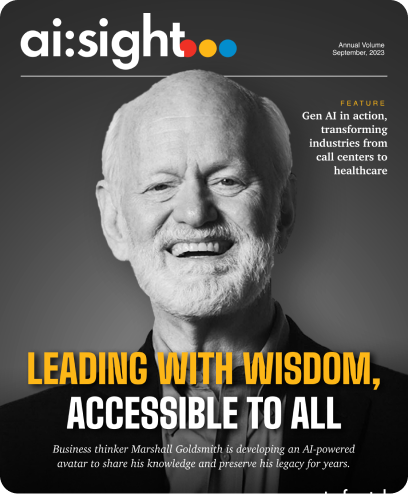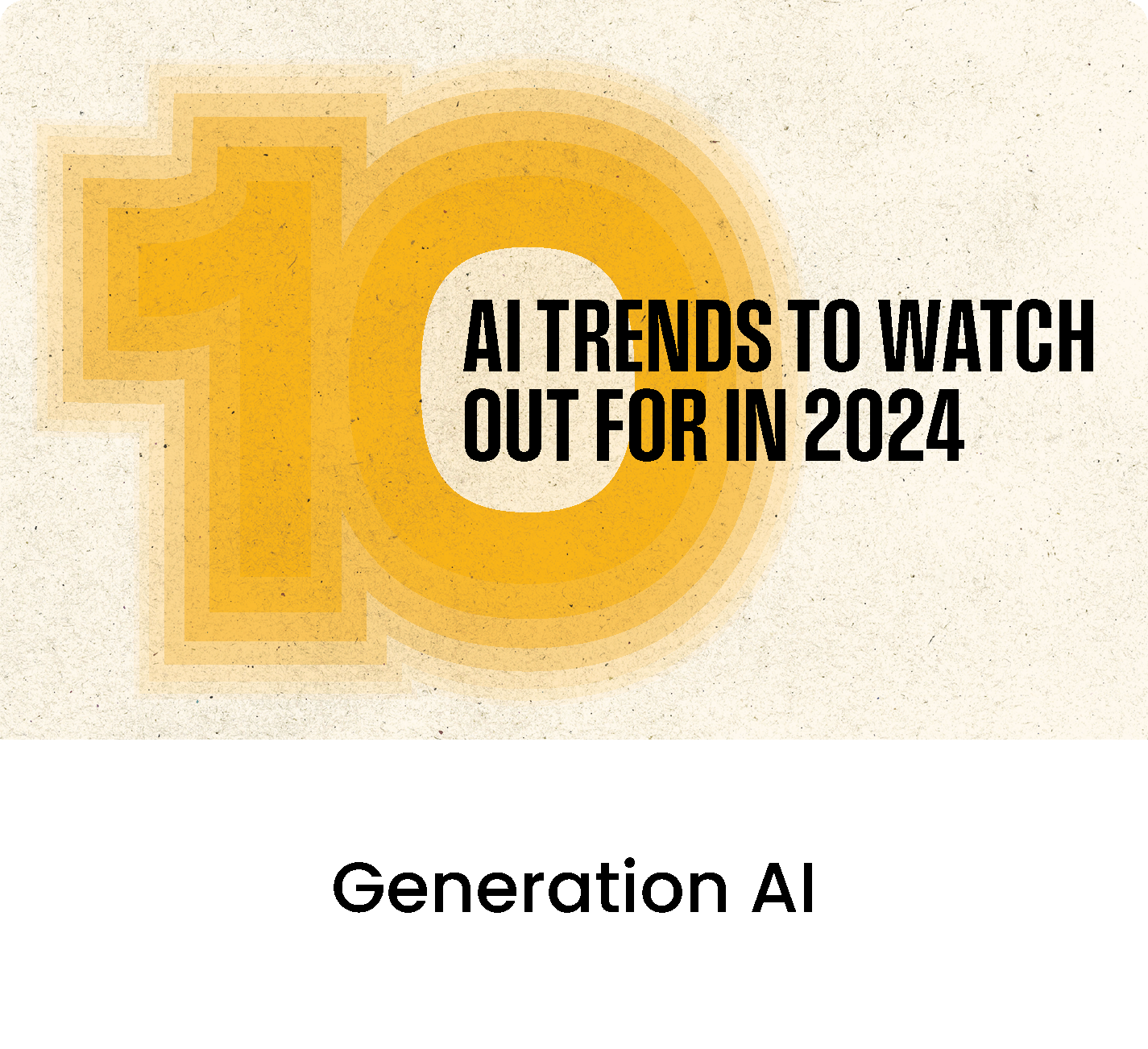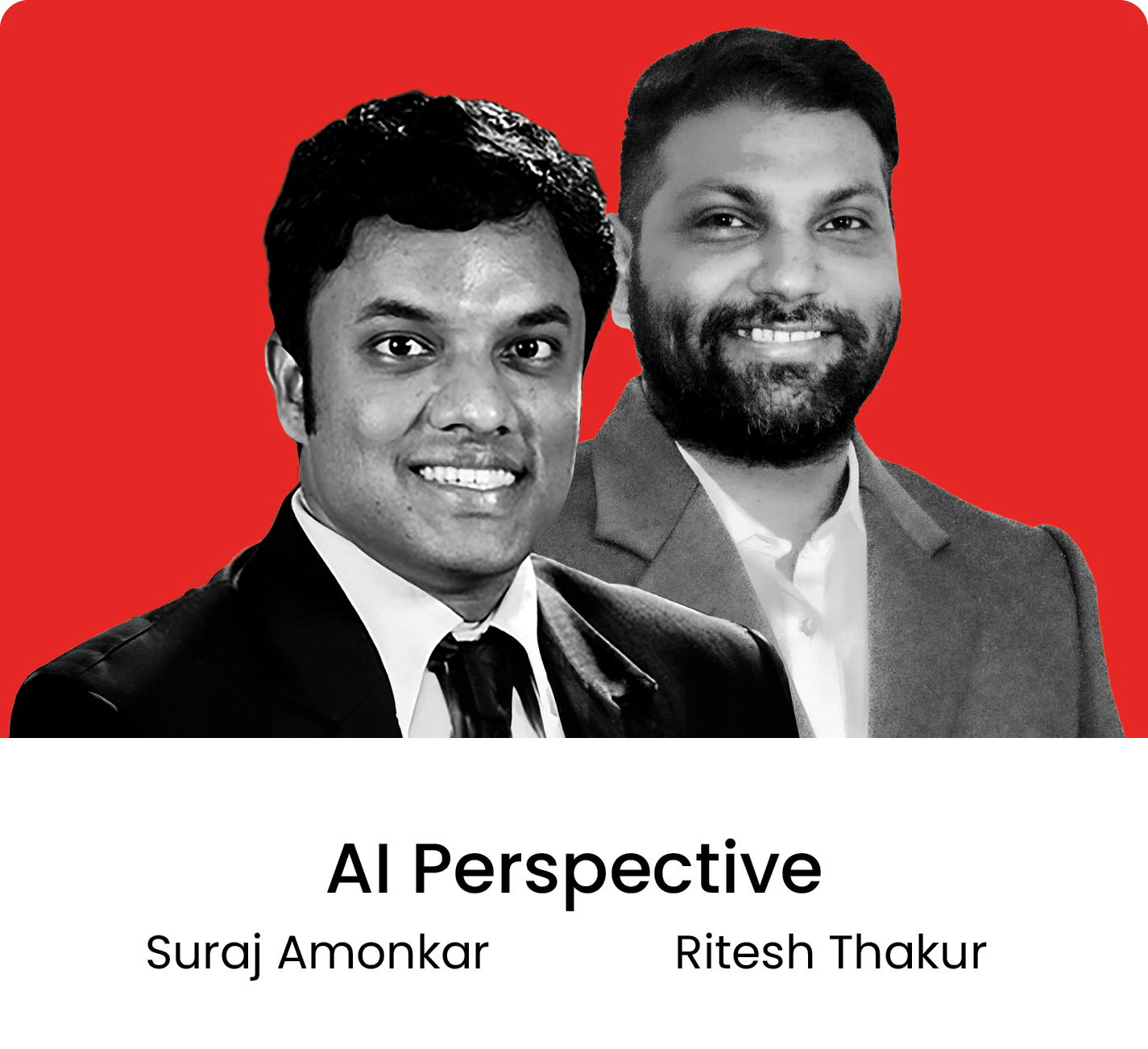Enterprises in every industry are on a transformation journey, keen to take advantage of the opportunities presented by data and disruptive technologies.
The journey can take many paths. One might be to use AI for enhanced product and service innovation. Another could involve harnessing data to increase operational efficiency or enhance risk management. Ideally, these paths will converge for a comprehensive, data-driven map that helps everyone across the organization work towards shared business goals.
However, many firms are heading towards a more fragmented picture. They’re working with substantial technology debt, with parts of the business operating at different levels of IT maturity. Roles like chief data officer have emerged, along with governance structures to help tackle the problem. Unfortunately, these are also often poorly integrated with technology and engineering issues across the enterprise. As a result, time and money are invested in repeated projects that use the same data for different use cases, departments, or geographies. Crucially, this approach also makes it increasingly difficult to grasp the possibilities that emerge where those use cases, departments, and geographies intersect.
It’s time for a rethink. Since the opportunities brought by technology don’t respect organizational boundaries, neither should data strategy. Only a unified strategy will allow an integrated approach that addresses every dimension – from the cost of ownership to engineering capabilities, people, processes, and governance.
So, how do you achieve this unified strategy? Broadly speaking, it is built on four pillars.
Deliver data at speed. A ‘data platform as a product’ approach allows rapid data onboarding and accelerated use of data throughout the organization. This involves centering the management of all data – from initial sourcing to creating products for use around the enterprise – around composable and reusable services and GenAI agents.
Fractal built such a platform for a leading global reinsurer. It takes external data from over 1,000 APIs to support more than 20 risk pools. This has provided a ‘data as a service’ marketplace that drives risk capital allocation and pricing processes for all the organization’s global markets.
Data governance, democratization, and culture. Data assets should be transformed in the same way as the enterprise’s products and services. This entails clearly defining ownership and management responsibilities for every product and domain. Metadata and data management should also be integrated, to offer a seamless and intuitive experience for search and discovery, augmented by a social context that fuels creativity. Think of it as creating a user-friendly, digital storefront or marketplace tailored specifically for data products.
One example of this approach is Fractal’s work with a leading life sciences firm to establish a data governance framework for the company’s supply chain business. This project includes building a marketplace solution to enable data democratization for the organization’s commercial function.
Platform engineering to drive reliable, cost-efficient data and digital estates. Data, AI, and GenAI paradigms bring increasingly complex computing and storage demands. Companies need developer platforms that automate continuous integration and deployment processes to accommodate them. These developer platforms should incorporate ‘shift left’ principles, ensuring engineering quality, security, testing, and deployment practices are considered and integrated early on.
For instance, Fractal has created core data and AI industrialization services at one leading telco to enable DataOps and MLOps for the entire data ecosystem. This helps the company to drive innovation and industrialization at scale.
Decision intelligence systems. It’s essential to reimagine the business processes for decision-making. This is done by creating decision engine frameworks that combine digital, data, and intelligence to drive augmented and automated decision-making life cycles. By building frameworks that span workflow orchestration, microservices, micro front ends, API gateways, and conversational contexts, the company can deliver a whole range of digital experiences.
At one leading global consumer packaged goods enterprise, Fractal built a ‘Direct2Consumer’ platform to enable data onboarding across more than 70 countries and 100 brands. It drives autonomous ways of provisioning data for various insights and analytics needs across the customer life cycle – from acquisition through development and retention.
Partnering to succeed
Establishing a unified data strategy that will support the enterprises of the future involves a fundamental shift in thinking. That also means a huge change management process. Program and tech governance are more critical than ever to make sure everybody is on board for the journey.
Fractal works with leading global enterprises to support that strategy. We do that through understanding how the company is structured and knowing the key personas involved across business and technology operations. Our expertise in using data to power decision-making helps us understand the different lenses of insight and analysis involved and visualize how data can support these in an agile, nimble, and fluid way. The result is a comprehensive roadmap of data and its uses, with all the people, processes, and technology structures in place so that nobody is left behind.
As organizations look towards the next decade, data and metadata are crucial tools to master. A unified data strategy is the only way to ensure the organization’s technology mirrors its corporate structure. With this in place, data and metadata can be productized in an enabling context that drives new possibilities and enables firms to address countless permutations of market, technology, and business needs. Welcome to the enterprise of the future.









